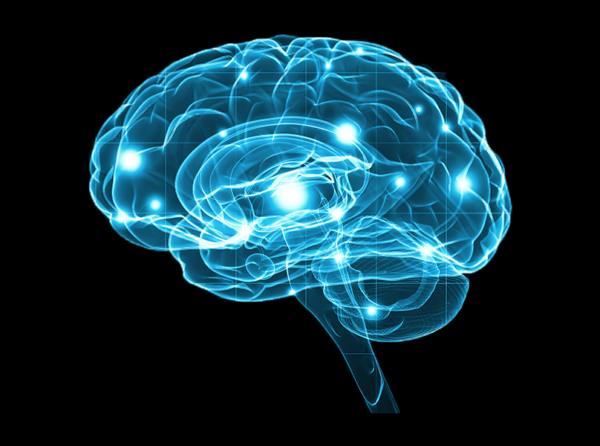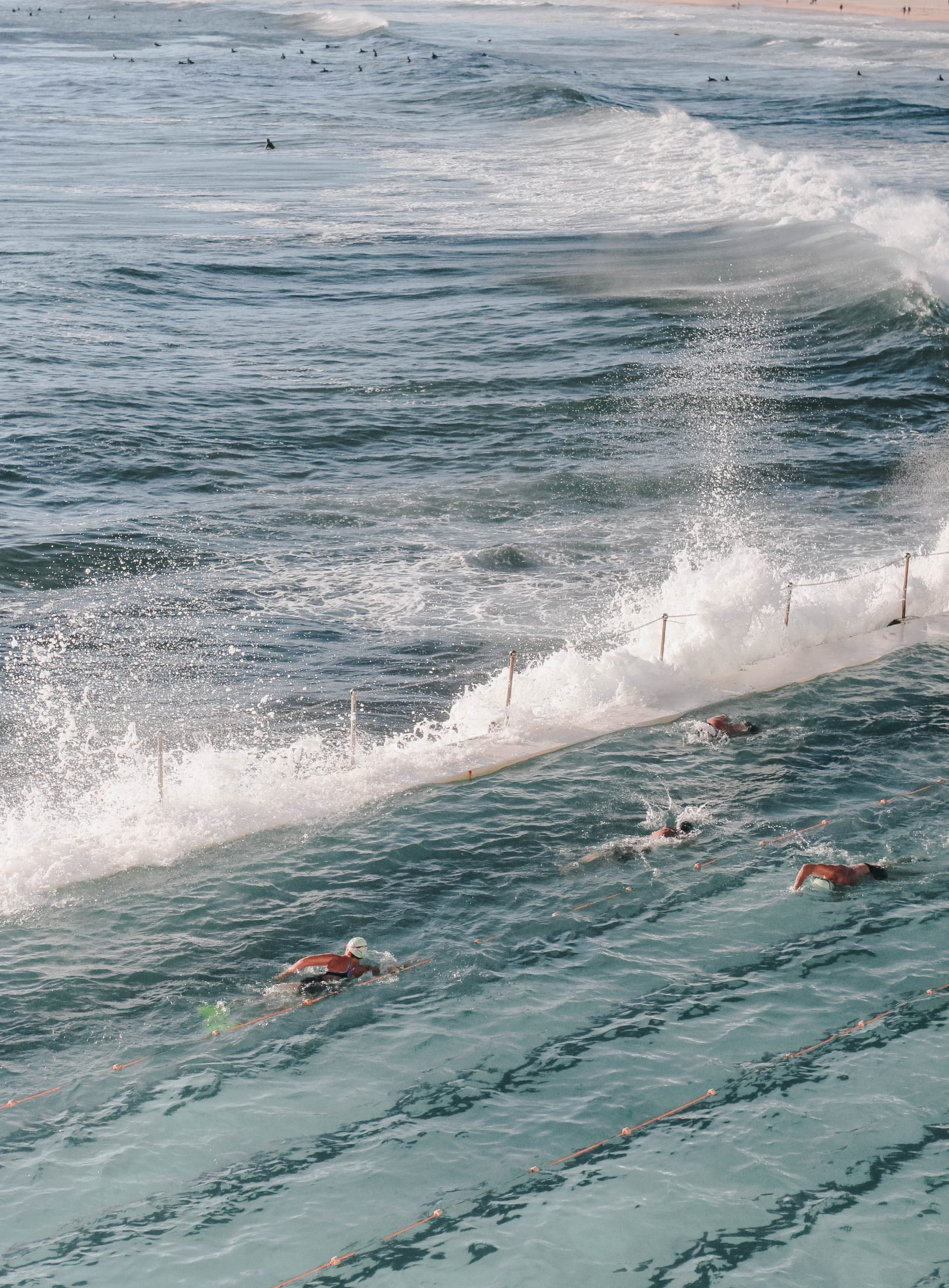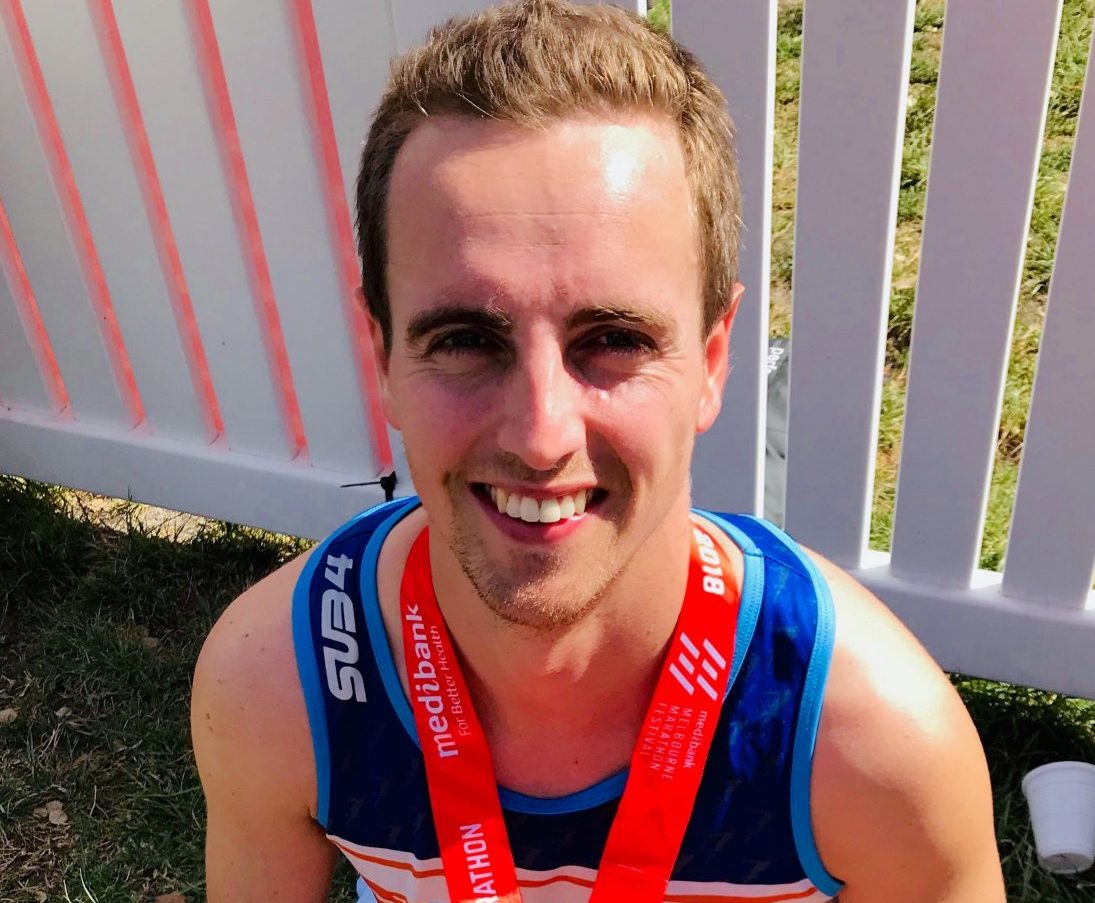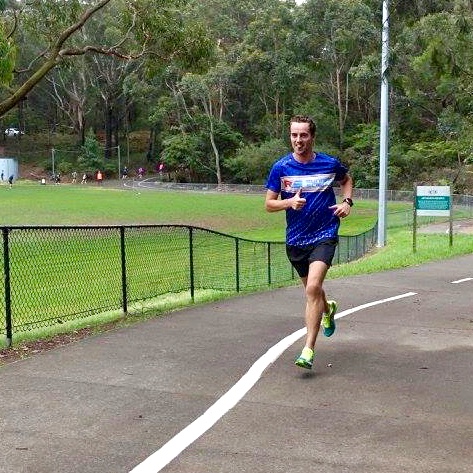Do you know how to recognise concussion or what to do in the case of a concussion?
What is Concussion?
Concussion is a mild form of traumatic brain injury caused by a blow to the head or body that results in altered brain functioning. The symptoms are usually short-lived, most resolving in 7-10 days. It is sometimes difficult to accurately assess when concussion has occurred or recovered, making concussion a very complex sporting injury, despite the attention it is receiving from researchers.
It is difficult to determine how frequently concussion occurs, but in Australian football codes, about 10-15% of team members will experience a concussion every year.
What are the symptoms of concussion?
Symptoms of concussion are varied and can increase over time following the trauma. Loss of consciousness is uncommon and not necessary to diagnose concussion.
Symptoms fall under these broad categories of brain function:
Thinking
- disorientation or confusion
- difficulty remembering
- difficulty concentrating
- feeling mentally sluggish
- drowsiness
Emotional
- nervous or anxious
- more irritable than usual
- depressed or sad
- more emotional than usual
Physical
- loss of balance
- headache
- fatigued or tired
- sensitive to noise or light
- sleep disturbance – more, less or trouble falling asleep
What are the risks of having concussion?
Most concussions resolve over time without any discernible long-term effects.
PERSISTENT CONCUSSION / POST CONCUSSIVE DISORDER
This occurs when symptoms of concussion last longer than 10-14 days on an adult and 4 weeks in a child (under 18).
RECURRENT CONCUSSION
Having an episode of concussion is a risk factor for further concussions.
Returning to play before recovery can result in prolonged symptoms.
CHRONIC TRAUMATIC ENCEPHALOPATHY
CTE is a progressive condition occurring in some professional athletes who have had multiple head blows. It effects all aspects of brain function including personality, mood and intellectual function. The exact relationship between concussion and long-term brain disease is still unknown.
How to recognise concussion on the field:
If a player suffers any of these signs after a head knock, they should be assumed to have concussion and should be removed form play.
- loss of consciousness (beware of the possibility of a neck injury in the unconscious player)
- jerky or nonsensical writhing movements
- confusion
- drowsy, slow to get up
- blank look
- unsteady when trying to walk
- behaviour changes like agitation.
How to recognise if something more serious has happened?
Sometimes, the head injury involves fractures, bleeding or other damage to the brain that results in swelling.
Signs that this might be the case include worsening headache, vomiting, deteriorating level of consciousness, increasing confusion, double vision, weakness of limbs or seizures. If there is any suspicion or concern, the player MUST BE TAKEN DIRECTLY TO HOSPITAL. Call an ambulance if hospital is too far away or the situation is deteriorating quickly.
What to do after a concussion?
First Aid – primarily, attention to the airway, breathing and being careful with the neck.
Remember that the neck might be injured and never move an unconscious player.
Once a concussion is diagnosed or even suspected, the player must be removed from the field. If there is someone qualified to assess the player, they can use a sideline concussion tool, such as the SCAT5 or child-SCAT5 to help confirm the diagnosis. This is just a tool that should be used within a broader clinical assessment.
If there is any doubt, the player should rest and be assessed as soon as practical by someone experienced in the management of concussion.
If in doubt, sit them out.
The first 48 hours
|
Do…. • rest • monitor symptoms • stay supervised • arrange to see a doctor • use paracetamol only for headache |
Don’t…. • exercise • do difficult mental work • look at a screen (gaming, TV, computer) for long periods of time • use alcohol, anti-inflammatories or stronger pain killers
|
The player should be evaluated by a doctor experienced in diagnosing and managing concussion. Concussions usually occur on the weekend – make an appointment to see the doctor on Monday if possible.
How is concussion managed?
- After an initial period of rest, an individualised “return to learn” (or work) and “return to sport” is developed.
- Progression through the stages of concussion rehabilitation depends on the absence of symptoms.
- Upgrading activity and mental tasks occurs gradually and only if they do not provoke recurrence of the concussive symptoms.
- It usually takes at least 1 week for adult players with the mildest of concussions to be cleared for return to sport. Children are usually a minimum of 2 weeks out of play. Different sports have different guidelines on this but an experienced doctor can clear you to play when you are ready.
Return to Learn
Return to Play
NSSM Sports Concussion Clinic offers baseline cognitive testing and expert diagnosis and management in the case of suspected concussion. Read more…





